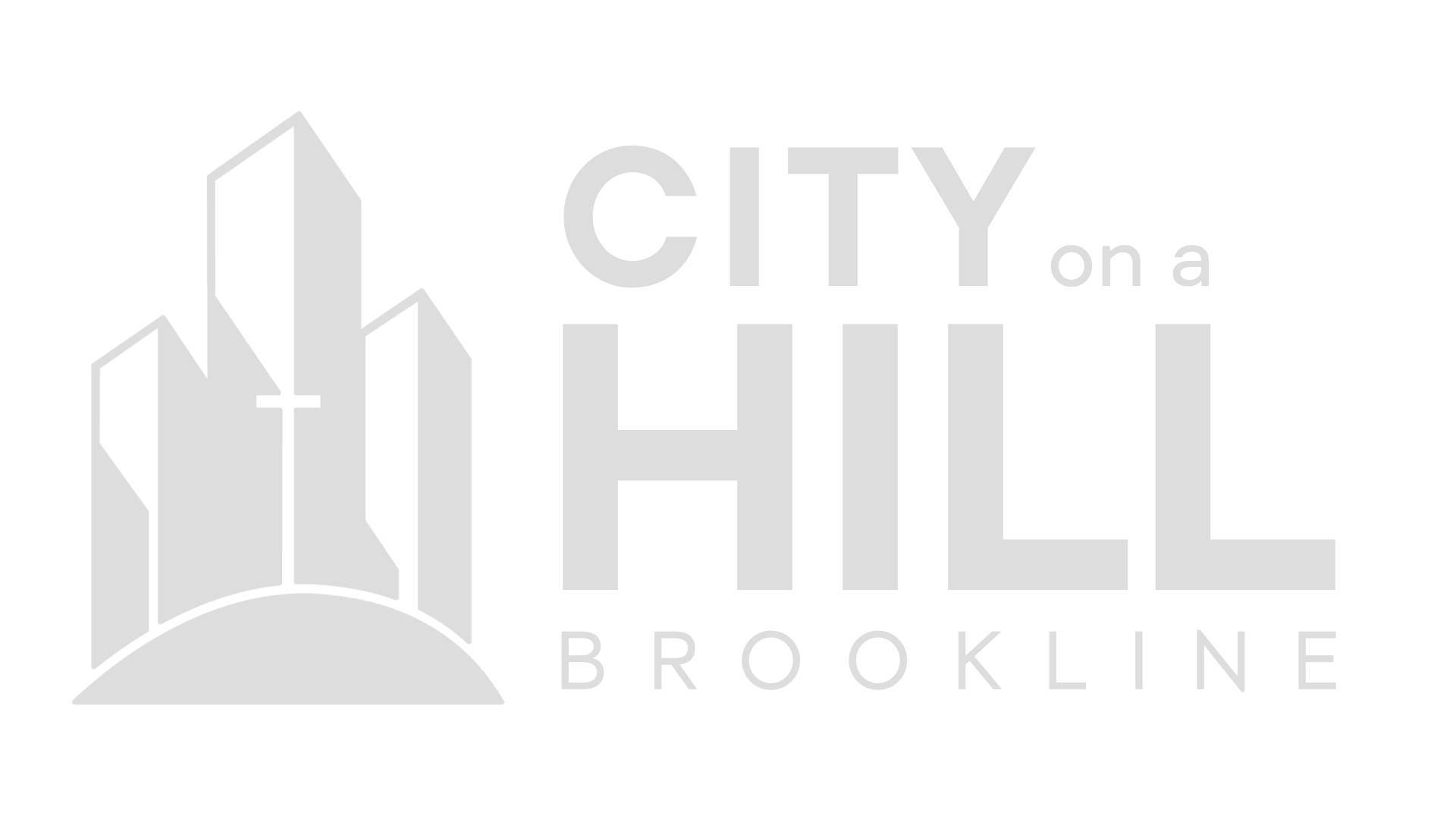My Journey to White Grief
I remember when it hit me. I was listening to a group of black pastors, around my age, share experiences of being profiled and discriminated against and it occurred to me: I have been blind to my privilege. These were men who, like me, were born after the Civil Rights movement. I used to think while there were vestiges of racism left, certainly our nation has reached a point where equality is the rule. While we may generally condemn overt racism as a society, we often miss the covert racism which still impacts the lives of black men and women nearly every day.
We are reminded in Genesis 1:27, “God created man in his own image, in the image of God he created him; male and female he created them.” That means all human beings have an inherent dignity, value, and purpose. This text was foundational for a famous line in the U.S. Declaration of Independence:
“We hold these truths to be self-evident, that all men are created equal, that they are endowed by their Creator with certain unalienable Rights, that among these are Life, Liberty, and the pursuit of Happiness.”
Despite these high sentiments, we know the vast majority of men who signed that document were slave owners so somehow there was disconnect between seeing “all” people as made in the image of God and “all” people have equal rights from God.
The disconnect happens today in a similar way. Our society may speak of equality but miss the fact that equality in essence doesn’t necessarily translate into equality in a particular society. Hundreds of years of slavery and another hundred years of discrimination doesn’t just fade into history in a few decades. The social, economic, and psychological impact of these injustices are still felt today for the vast majority of black people in America.
Despite growing up with black friends and being around different minorities for much of my ministry, I failed to understand the struggle they face. I “woke” up a few years ago and I have to come realize two things:
I have been blind most of my life to challenges that my black brothers and sisters (and other non-white people) have faced in the white majority culture I have called “home”
I have so much to learn
The very fact that I was able to get through much of my life without recognizing racial injustice reveals how privileged I have been. As a white male, I have never walked into a situation where my race created problems for me. I have never feared being pulled over for being a white male in the “wrong” area. I have never had to consider how my race impacted how people perceived me.
I am not talking about “white guilt.” No one should feel guilty for the color of their skin. What I am talking about is “white grief:”
Grief for my black brothers and sisters (and Latino, Asian, etc.) who have felt unheard and unvalued
Grief that I have enjoyed my privilege but not used it to serve others well
Grief over white Christians who are ignorant of the issue and especially those who refuse to believe there is a problem
Eric Mason, author of Woke Church, laments this last point:
“It blows my mind that in American Christianity today, we behave as though our familial past has nothing to do with our present. And it’s disturbing how dismissive my evangelical brethren can be toward the past and its impact on where we are today with respect to race in this country and in the church.”
Despite the current situation, I am hopeful. I am hopeful because Jesus is still King of Kings and his cross not only provided reconciliation between us and God but also reconciliation between all the members of his family, regardless of race or nationality. In truth, the church works from unity not for unity. Jesus purchased it with his blood and provides the power we need to see it lived out in our broken world.
How can we begin to start the process of healing and genuine racial reconciliation in the church?
Open your life to include people from other cultures in your friend circle. Seek genuine friendships and ask good questions.
For white folks, listen and lament – avoid being defensive or trying to relate. Lament the hurt and pain.
Pray with and for your friends from other cultures and for Jesus’ kingdom to spread
Let your voice be heard. I “woke” up because people loved me enough to speak the truth to me in love. Use the opportunities God gives you to speak out, serve, and support those who lack privilege.
If you have personally experienced injustice or have felt worn out by the lack of engagement by many white people, your voice is needed. I plead with you to continue to press into this conversation by God’s grace. By the grace and power of Jesus, we can grow to see the kingdom come and God’s will be done on earth as it is in heaven.
Bland Mason
